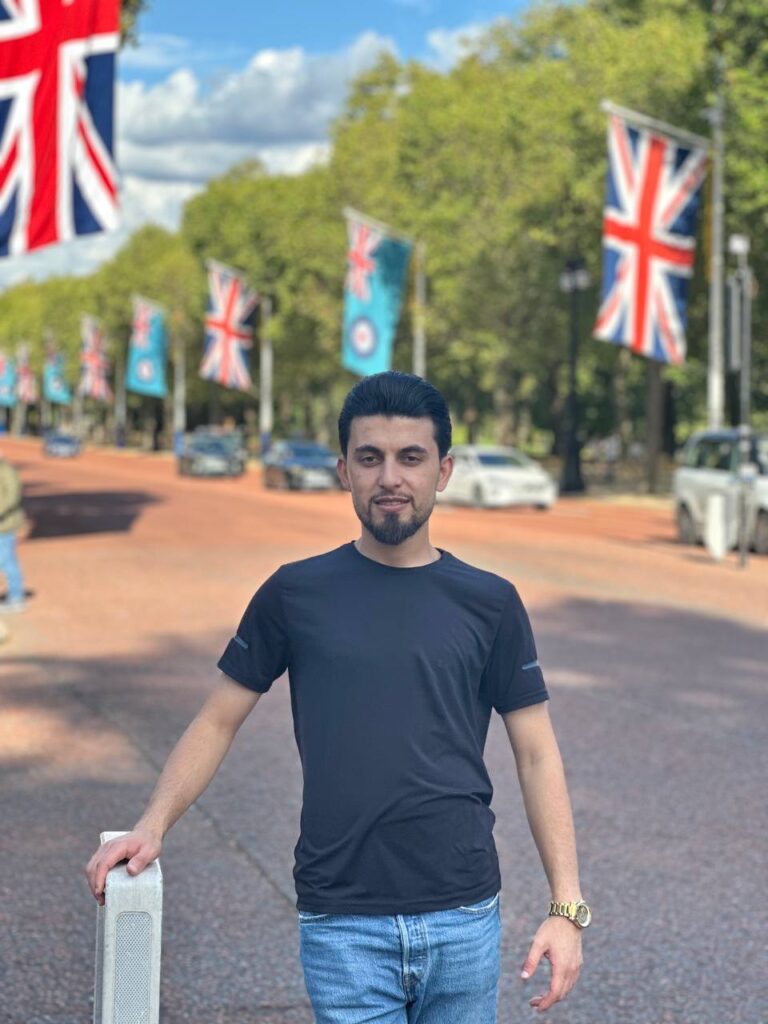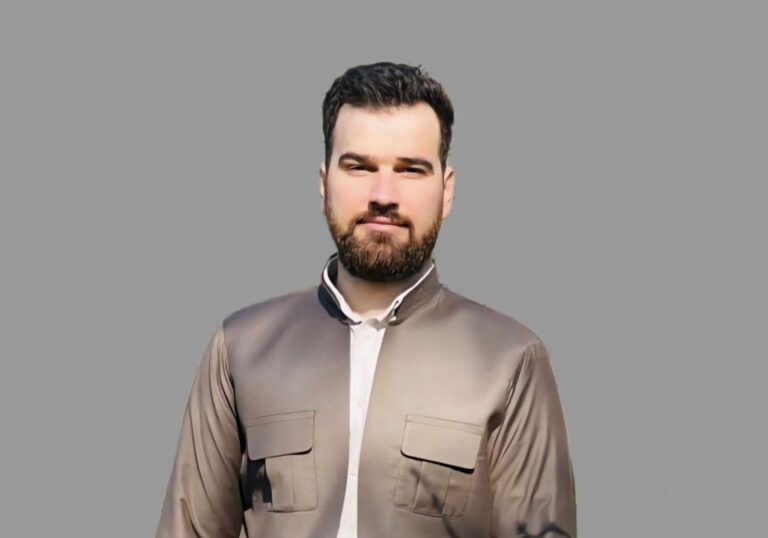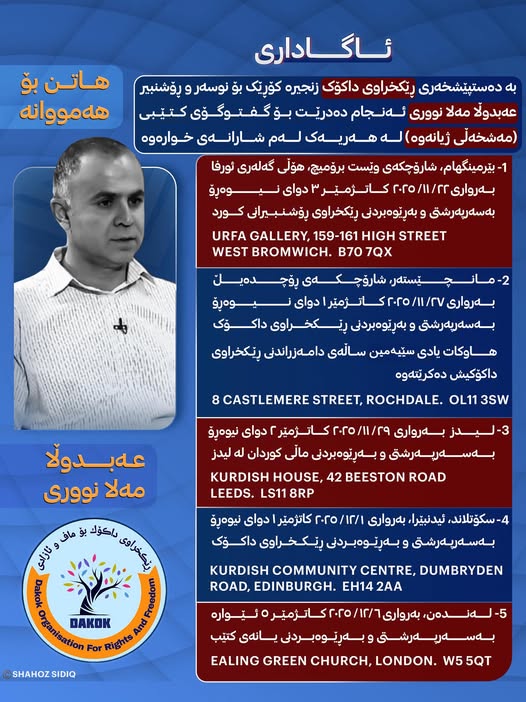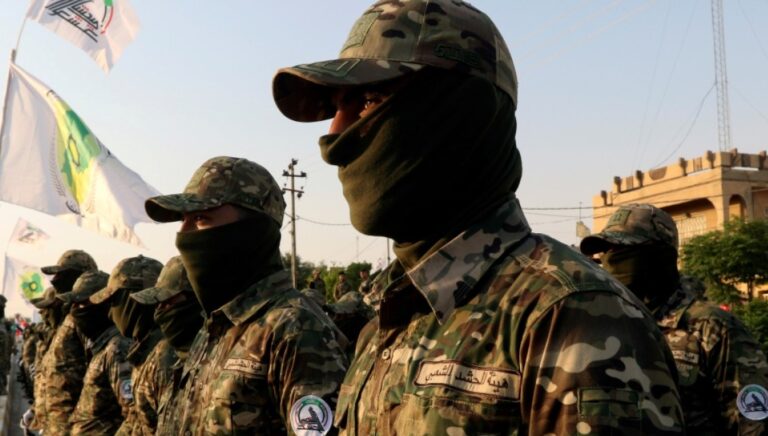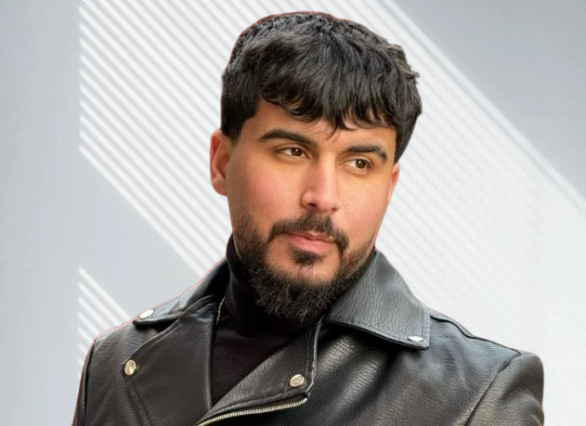
Karmand Luqman _ Activists
The Kurdish people are a defeated nation—a people who, throughout history, have lived under oppression and relentless injustice. Under one government after another in Iraq, the Kurds have continually faced repression and tyranny. The aim of every such government has been to crush and erase the Kurdish people—especially through the Arabization of their towns and villages, the eradication of the Kurdish language and culture, and the killing of innocent Kurds.
These crimes reached terrifying extremes—such as the Anfal genocide and the chemical bombardment of the Kurds by Saddam Hussein’s Ba’athist regime.
Years passed, until in 1991 the Kurdish people rose up across the Kurdistan Region. This uprising was paid for with the blood of thousands of Peshmerga fighters and honourable Kurdish civilians. After all the hardship, displacement, and sacrifice, the Kurds succeeded in driving Saddam Hussein and his regime out. For many Kurds, this brought a deep sense of joy—the joy of finally having a government of their own after years of Arab rule.
But tragically, the suffering of the Kurdish people did not end with Saddam’s fall. In fact, it only deepened. The civil war between the two main Kurdish parties—the Patriotic Union of Kurdistan (PUK) and the Kurdistan Democratic Party (KDP)—brought about the destruction of thousands of homes, the killing of tens of thousands of Peshmerga, the displacement of tens of thousands of children, and the widowing of thousands of women. This internal war served only to harm the Kurdish people, producing no meaningful achievements.
And after 34 years in power, what have these two parties given to this defeated nation? What they have done is no less than what Saddam did in Halabja and during the Anfal. The Kurdish people, under the rule of these two parties, still live with inequality and oppression.
When will the ship of the Kurdish nation anchor at the shores of peace, stability, and prosperity?
The Kurdish people deserve to live under a government of justice and true equality. They deserve to have their voices heard and their rights protected. To reach freedom, the Kurdish people must remain united and stand by one another. Through peaceful actions and expressions of dissent, they must pressure those in power to change. By educating and informing the next generation, they must ensure that the youth are aware of their rights and their history.
As the poet Sherko Bekas said:
If you have a home, I am exiled.
If you have warmth, I burn.
If you have water, I thirst.
If you have a sword, I am its sacrifice.
If you have soil, I am without land.
If you have a mountain, I am cast into the valley.
If you have a tree, I am cut down.
I wanted to share these thoughts with you in the month of March—because March is a month of deep meaning for the Kurdish people.
